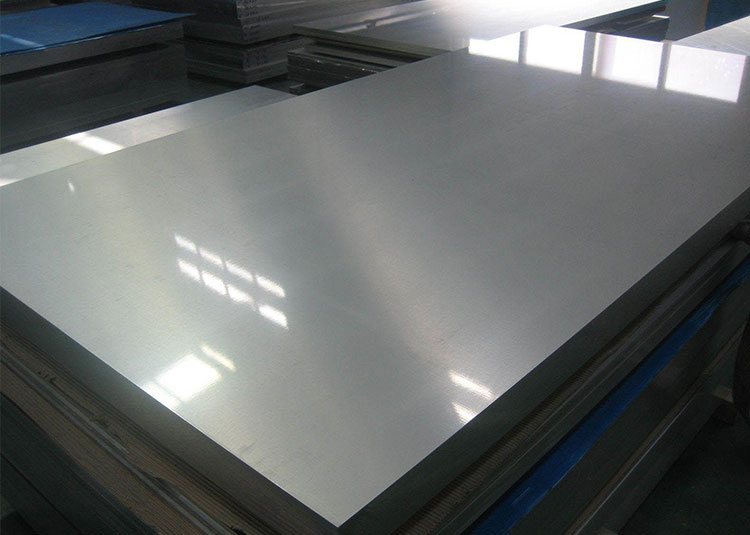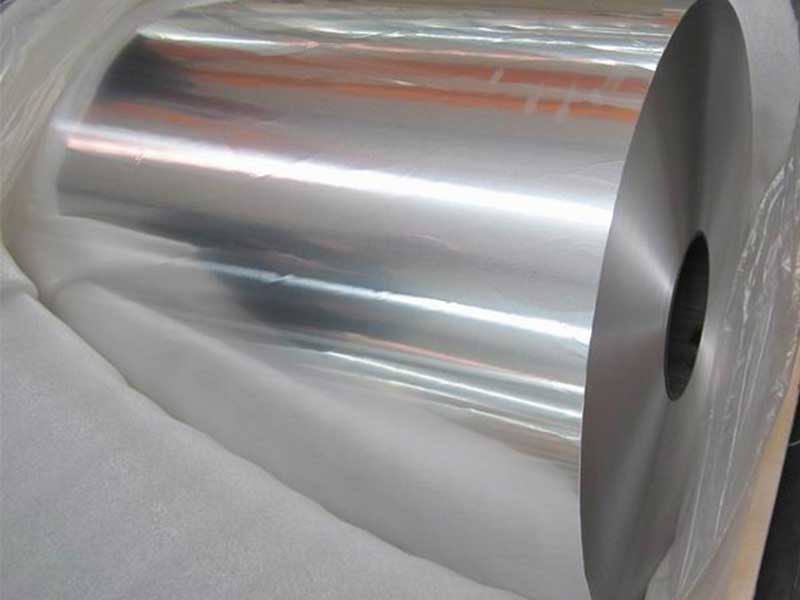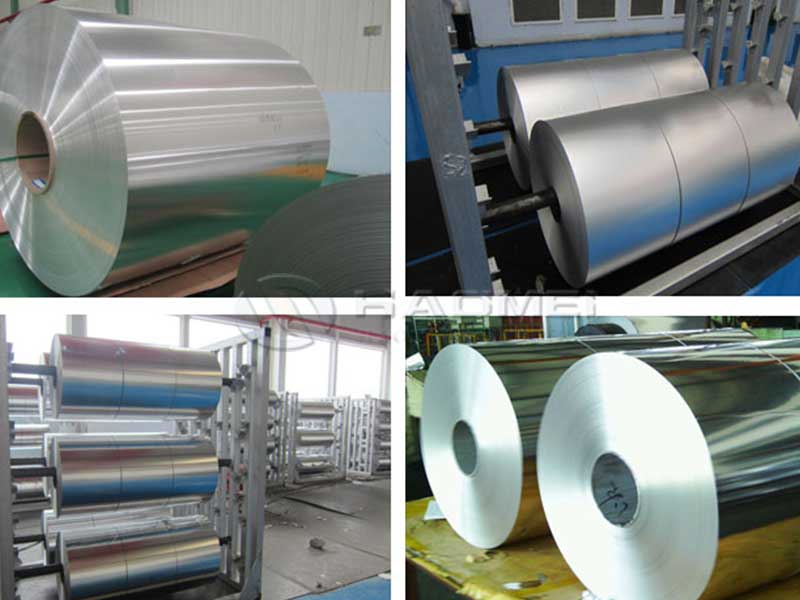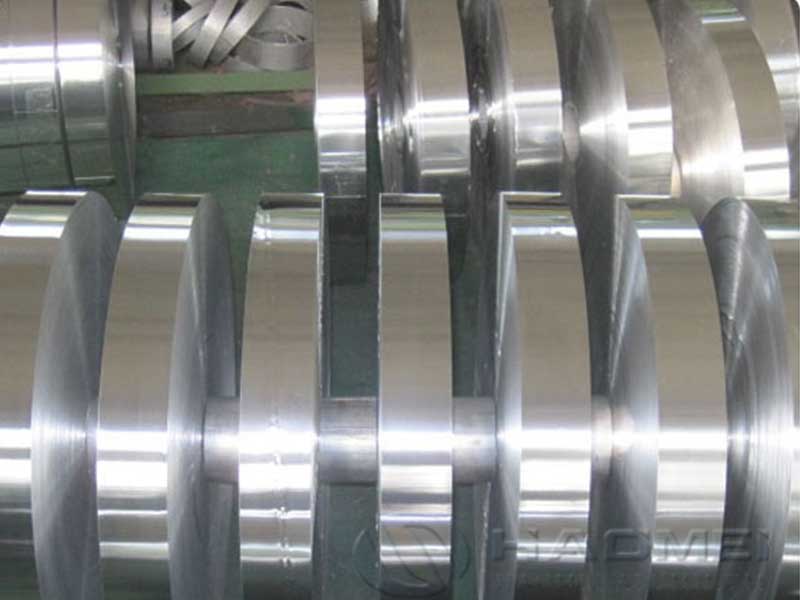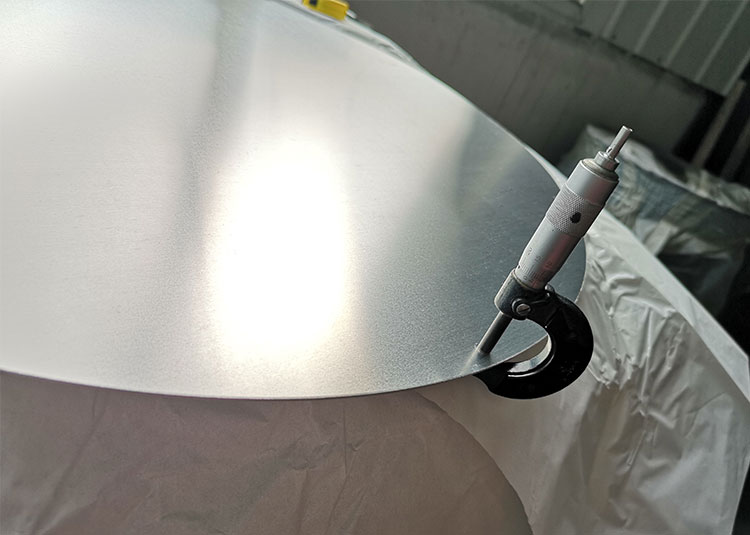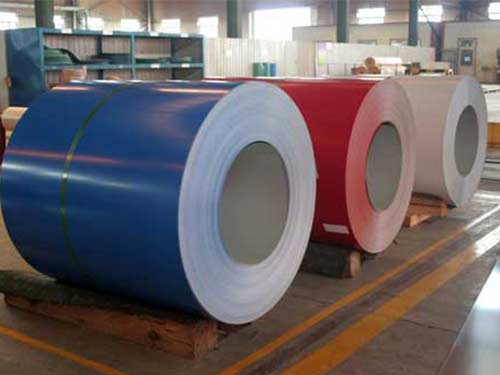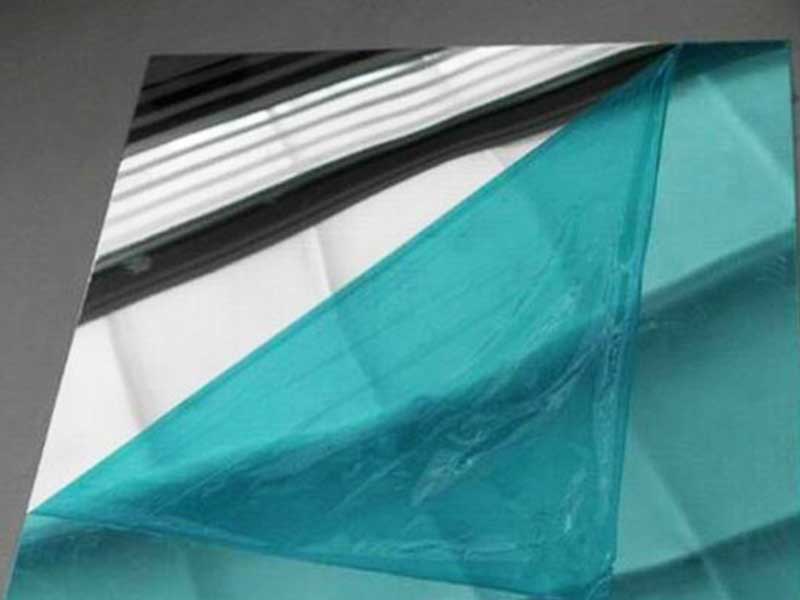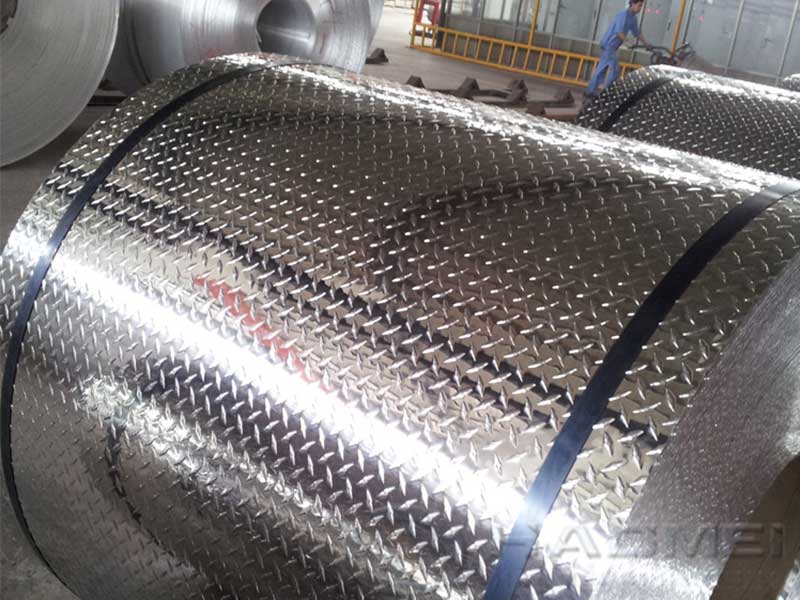Electrolytic aluminum anode steel claw is the connecting component between the anode carbon block and the busbar on the electrolytic cell. During the aluminum electrolysis process, a large current is loaded, and it is one of the most important consumables for electrolytic aluminum production enterprises. The quality of the steel claw is good. Bad directly affects production efficiency and production costs. The anode steel claw requires dense structure, no casting defects and stable chemical composition. The new anode steel claws of electrolytic aluminum are made of rolled steel with stable material, good electrical conductivity and mechanical properties as raw materials, which avoids the occurrence of casting defects. The whole manufacturing process is safe, environmentally friendly and pollution-free, realizing the "green" manufacturing of anode steel claws. The technology has high production efficiency and stable welding quality. Due to the full-section welding, the electrical conductivity and service life greatly exceed those of manual welding steel claws.
Chemical composition and resistivity of new anode steel jaws
According to the performance index requirements of the material, in order to solve the casting defects of the steel claw, the chemical composition of the steel claw beam and the steel claw legs is determined. Since rare earth elements are commonly associated with iron ore, and rare earth elements have a good effect on inhibiting the thermal deformation of steel, the deformation of the steel claws can be inhibited to a certain extent.
Material of new anode steel claw (%)
| C | Si | Mg | S | P | Rare Earth Elements |
| ≤0.25 | ≤0.07 | 0.28-0.45 | ≤0.04 | ≤0.03 | ≤0.012 |
At room temperature, the resistivity of the new steel claw material is 0.215 uΩ·m. The working temperature of the anode steel claw is relatively high, and the temperature is 550.1 ℃ respectively. The resistivity of the material increases with the increase of temperature. Taking the commonly used 400KA electrolytic cell as an example, the average current passing through each steel claw reaches 8333A, and the change of resistivity will directly affect the voltage drop of the anode steel claw.
Features of the new anode steel jaws
1. Because the main structure of the new anode steel claw is made of rolled steel material with better ductility and homogeneity than cast steel, its mechanical properties such as yield strength and elastic modulus are better than ordinary cast steel claw.
2. The hot-rolled material used in the new anode steel claw is superior to cast steel in terms of oxidation resistance and corrosion resistance, so it has a long service life.
3. The new anode steel claw has good electrical conductivity, uniform and stable material, and the steel claw beam and the steel claw legs are 100% full-section welded connection, which overcomes the defects of ordinary cast steel claw slag inclusions, blisters, and pores.
